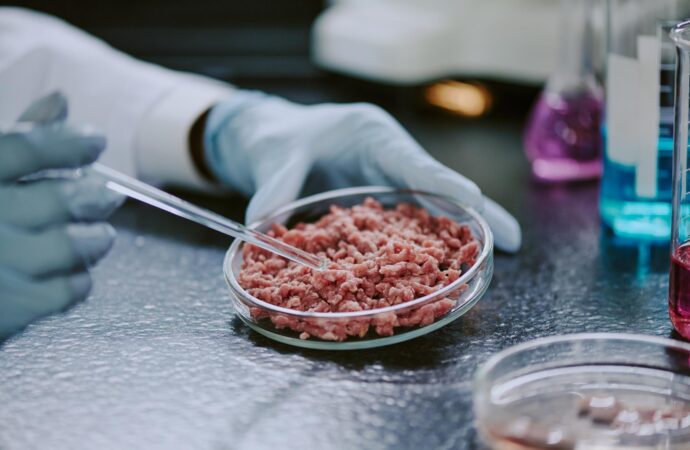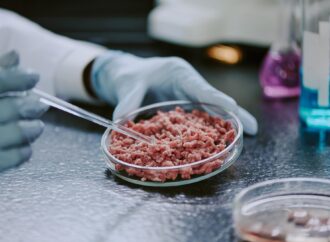Key Update
Scientists at the University of Aberdeen in UK have developed MEAT-iCode, a new tool that quickly and accurately identifies the type of meat present in food, even when it is cooked or highly processed. Researchers describe it as highly sensitive and reliable, marking a major step forward in detecting food fraud.
How MEAT-iCode Works
MEAT-iCode uses proteomic testing and a specialised database to identify multiple meat species from a single sample. It detects tiny protein fragments through liquid chromatography mass spectrometry (LC-MS) and matches them with its database to confirm the type and amount of meat present. The tool works faster than DNA tests, identifies meat content as low as 0.5 per cent, and even recognises specific breeds.
What the Tests Revealed
Researchers at the Rowett Institute tested 19 shop-bought meat products. They found that 17 matched their labels, but two showed clear mislabelling:
- A kebab claiming to contain 14 per cent lamb had no lamb at all.
- Another product labelled as 60 per cent lamb and 20 per cent chicken contained twice as much chicken as lamb.
These results show how easily some meat products mislead consumers.
Food Fraud Is Rising Worldwide
Food fraud continues to grow globally. It misleads consumers, hurts honest producers, and creates safety risks when undeclared ingredients or allergens enter food products. The research team believes MEAT-iCode could later detect allergens like nuts, dairy, or fish and eventually expand to other food categories.
Researchers Stress Consumer Protection
Project lead Dr Renata Garbellini Duft said consumers deserve clear information about what they are eating. She noted that MEAT-iCode gives authorities an accurate tool to verify meat content and support genuine businesses. Professor Jules Griffin added that global supply chains make food fraud harder to track, and MEAT-iCode strengthens the ability to detect both accidental and deliberate adulteration.
Food Standards Scotland Backs the Tool
Food Standards Scotland collaborated with the research team and is now assessing how to use MEAT-iCode in national food fraud investigations. Senior Scientific Advisor Kasia Kazimierczak said the tool can strengthen label accuracy, detect undeclared ingredients, and improve consumer confidence while protecting honest food producers.
Source: Foodtech News
 Food Manifest
Food Manifest 


















